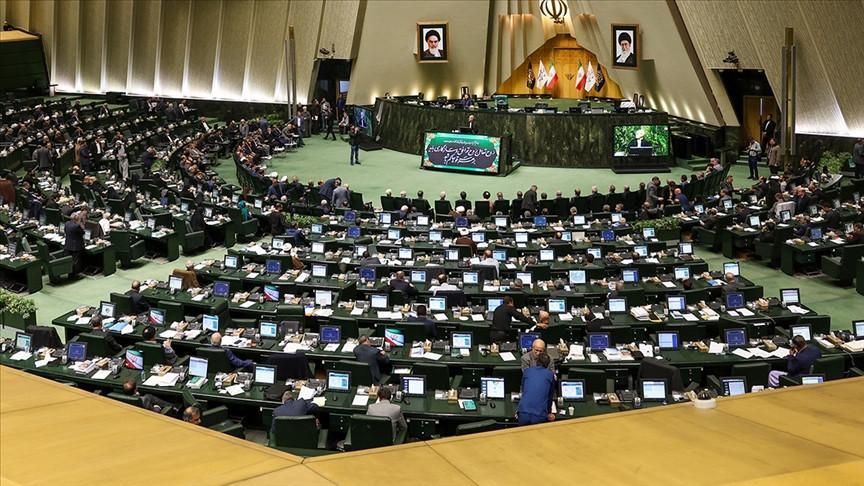
The Iranian parliament ratified a 20-year strategic partnership treaty with Russia Wednesday, state media reported, consolidating closer ties between the two countries amid growing tensions with the West.
The deal, which was signed by Presidents Masoud Pezeshkian and Vladimir Putin in January, was already ratified by Russia's State Duma last month.
It passed the Iranian parliament with 191 votes in favour, eight against and three abstentions among the 212 members present, Iran's official IRNA news agency reported.
The treaty provides for joint efforts to counter common security threats but stops short of a mutual defence agreement.
Putin has called the treaty a "breakthrough document," while Pezeshkian said it would "open a new chapter in relations."
Iran and Russia have expanded military collaboration in recent years, with Tehran accused by Kiev and Western governments of supplying drones and missiles used in Russia's war in Ukraine.
Tehran has repeatedly denied the accusation, saying it has not sided with either party to the conflict.
Both governments are under heavy Western sanctions and have increasingly coordinated their diplomatic and economic policies.
The ratification comes after Iran held four rounds of negotiations with the United States in search of a new deal to ally Western concerns about its nuclear programme.
While both sides have agreed to continue discussions, no date or venue has been set for the next round.
Foreign Minister Abbas Araghchi said Wednesday Iran was still "evaluating whether or not to participate" in the next round of talks, citing what he called Washington's "irrational demands."
U.S. officials, including Middle East envoy Steve Witkoff who represents Washington in the talks, have publicly described Iran's uranium enrichment capabilities as a red line.
Araghchi reiterated Wednesday that Iran will continue enrichment "with or without a deal."
Meantime, Iran's supreme leader Ayatollah Ali Khamenei said on May 20 that the nuclear talks were unlikely to yield any results, amid a diplomatic standoff over the Islamic republic's enrichment activities.
"We don't think it will lead to any outcome. We don't know what will happen," said Khamenei during a speech, adding that denying Iran's right to enrich uranium was "a big mistake."
Iran and the United States have held four rounds of Omani-mediated nuclear talks since April 12, the highest-level contact between the two foes since Washington abandoned the 2015 nuclear accord.
Iran currently enriches uranium to 60 percent, far above the 3.67-percent limit set in the 2015 deal and close though still short of the 90 percent needed for a nuclear warhead.